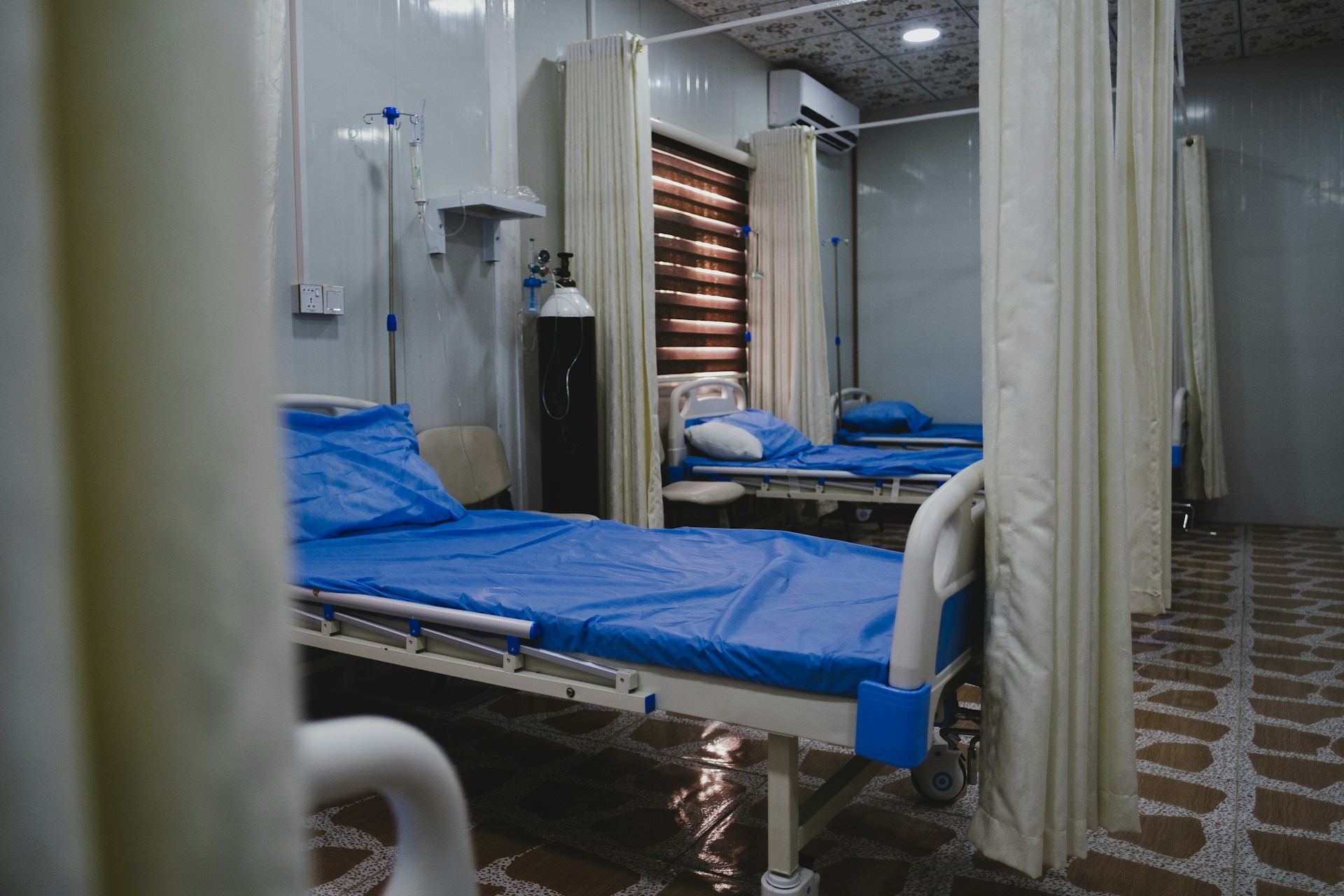News
Rising Hospital Infections in Gauteng: DA Sounds Alarm on Public Health Crisis

A Rising Crisis: Hospital Infections in Gauteng
The public health situation in Gauteng is becoming increasingly alarming. The Democratic Alliance (DA) has recently sounded the alarm over a sharp rise in hospital-acquired infections across the province’s public hospitals. With over 7,700 patients contracting infections in 2024 alone, the health crisis is impossible to ignore, and the DA believes immediate action is needed to address what could be life-threatening consequences for vulnerable patients.
Charlotte Maxeke Hospital at the Epicenter
Among the affected hospitals, Charlotte Maxeke has been identified as the worst offender, with a shocking infection rate of 11%. This means that one in every ten patients who are admitted to the hospital for treatment leaves with an additional infection, often unrelated to their original medical condition. The situation paints a grim picture of an overstretched healthcare system in dire need of reform.
The Root Causes: Staff Shortages and Poor Management
The DA has pointed to several underlying issues that are exacerbating the problem. According to Jack Bloom, the DA’s Health Shadow MEC, the provincial health department has admitted to severe staffing shortages and outdated, broken equipment. However, the most concerning issue is the lack of adequate cleaning staff and supplies. Basic necessities, like soap and clean linen, are in short supply, which puts patients at a heightened risk of infection.
In some cases, hospital staff have been forced to reuse sheets, further increasing the possibility of spreading infections. The department’s inability to ensure proper sanitation and provide essential cleaning materials has left many patients vulnerable to infections that could have been prevented.
A Broader Context: Hospital Infections in South Africa
This is not an isolated problem in Gauteng. Hospital-acquired infections (HAIs) are a known issue across South Africa, particularly in public hospitals where overcrowding, understaffing, and resource shortages have long been reported. According to health experts, such infections are a leading cause of patient complications and deaths, particularly among those with compromised immune systems.
The issue is further complicated by the rise of antibiotic-resistant infections, which are increasingly difficult to treat and can result in long-term health consequences for patients. The fact that many of these infections are preventable, however, makes this situation even more frustrating for healthcare workers and patients alike.
What Needs to Be Done: Addressing the Crisis
To address the surge in hospital-acquired infections, the DA is calling for immediate interventions, including increasing staffing levels, repairing and replacing outdated equipment, and ensuring that hospitals are properly stocked with the cleaning materials necessary to keep environments safe for patients. In particular, Bloom has stressed that better management practices are essential to turn the situation around, as the department cannot continue to operate under current conditions.
The provincial health department has a tough road ahead, with public trust at stake and the health of thousands of patients on the line. If action isn’t taken soon, it’s likely that more hospitals across Gauteng will face similar issues, and the problem of hospital-acquired infections could spiral out of control.
What Happens Next?
The surge in hospital-acquired infections in Gauteng’s public hospitals is a wake-up call to all. The provincial health department must take immediate steps to ensure that these critical facilities are equipped to provide safe, hygienic care to all patients. As it stands, patients who come for treatment may leave sicker than they arrived—an unacceptable reality in a country where public healthcare is meant to be a lifeline, not a danger. The call for action is clear, and now it’s time for the government to respond before the situation worsens.
Source: SABC News
Follow Joburg ETC on Facebook, Twitter , TikTok and Instagram
For more News in Johannesburg, visit joburgetc.com


























